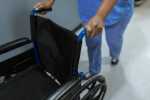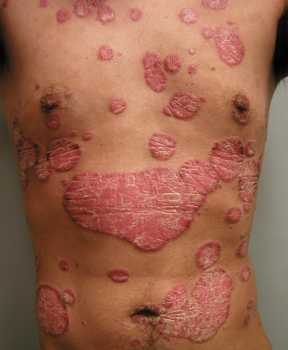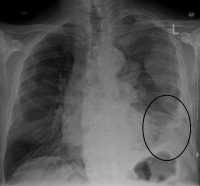Author Interviews, Brigham & Women's - Harvard, Cancer Research, Colon Cancer, Radiation Therapy / 04.05.2021
Personalized Radiation Shields May Protect Normal Tissues During Cancer Treatments
MedicalResearch.com Interview with:
James Donald Byrne, Ph.D., M.D.
Department of Radiation Oncology
Massachusetts General Hospital
Boston, Massachusetts
MedicalResearch.com: What is the background for this study?
Response: Radiation therapy is used as a treatment for more than half of all cancer patients and can be highly effective at shrinking tumors and killing cancer cells. But radiation treatment can also damage healthy tissue, including tissue in the mouth and gastrointestinal tract. This tissue injury can lead to oral mucositis, esophagitis, and proctitis — painful and sometimes debilitating tissue damage. It’s estimated that these injuries occur in over 200,000 patients in the U.S. each year. Our goal was to develop personalized shields that blocked radiation from affecting healthy GI tissue. (more…)








 As a specialized healthcare position where you will be responsible for the health and wellbeing of patients, nurses are required to hold a degree and a license before they can begin work. To qualify as a registered nurse, you will need to obtain a BSN degree, which typically takes around four years when studying full-time. However, if you already have a bachelor’s degree in another subject, there is an option that will allow you to become a nurse in half the time; accelerated nursing programs are designed for those who already have a bachelor’s degree and want a quick career change into nursing. The
As a specialized healthcare position where you will be responsible for the health and wellbeing of patients, nurses are required to hold a degree and a license before they can begin work. To qualify as a registered nurse, you will need to obtain a BSN degree, which typically takes around four years when studying full-time. However, if you already have a bachelor’s degree in another subject, there is an option that will allow you to become a nurse in half the time; accelerated nursing programs are designed for those who already have a bachelor’s degree and want a quick career change into nursing. The 





















